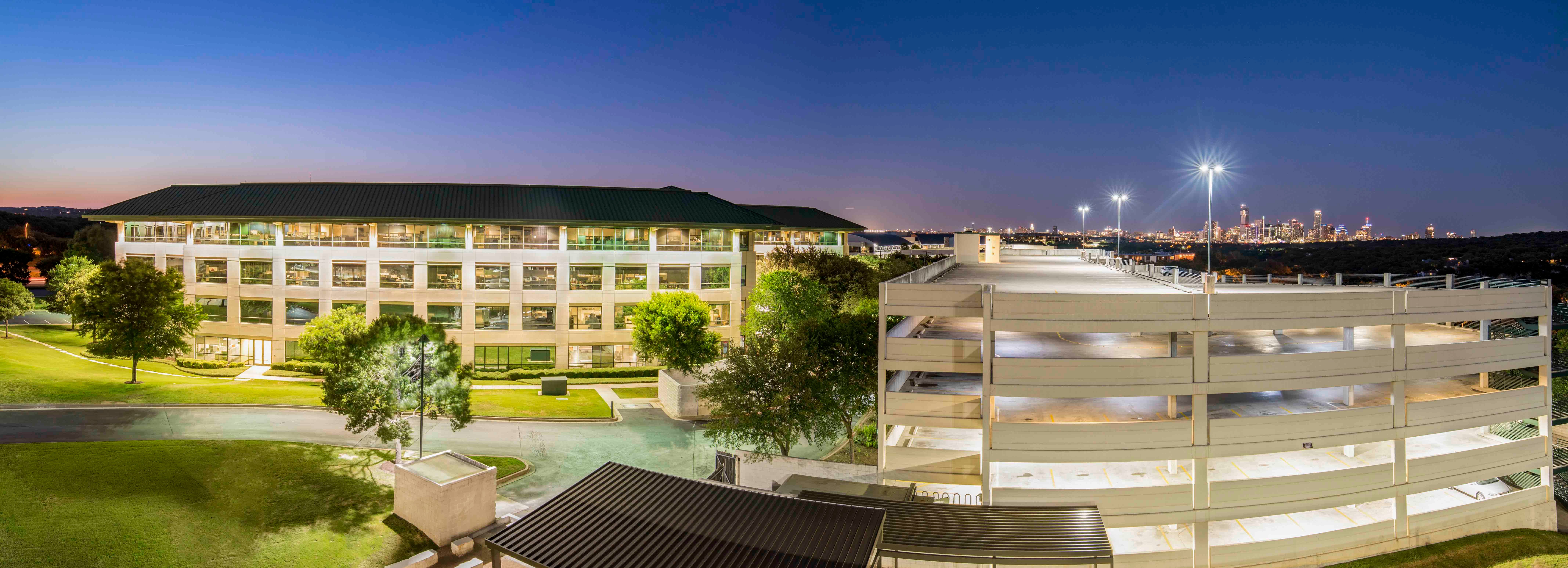The report prints today. And, says research director Justin S. Garrett, it's not nearly as bad as the talk on the street. "Everyone needs to stop starting the sentence with 'recession' and 'fallout,'" he tells GlobeSt.com. "If the message can get back to California or the message can get out to anyone who wants to move to Austin, they'll find we have great opportunities here."
Garrett admits it's a owner's market and that's not likely to change anytime soon. But, the vast amount of sublease space, which by his calculations total slightly more than 1.1 million sf, is a boon not a hindrance. The city's rental rates, which had been labeled as the highest in the state, and lack of short-term leases had choked the market and kept California companies from setting up shop in the state capital. The sublease space changes all that since spots can be had for about $2 per sf less than the going rate, according to Garrett. And oftentimes, the bargain's even better. Direct lease space is commanding $26 per sf to $27 per sf for class-A properties while sublease space is falling in the $22 per sf to $24 per sf range. "Once they're in negotiations, the amount can fluctuate a lot more and they are most likely going to drop below that rental rate," he tells GlobeSt.com.
According to Transwestern, Austin's occupancy is above 90% even with the sudden wave of available sublease space. Austin, says Garrett, has a "recession-resistant economy." He believes the wealth of global companies, the vast number of skilled college graduates who want to continue living in the city and the region's quality of life act as Austin's lifeline in times of trouble. It's the global companies that provide the key because their viability isn't tied to just Texas or the US, says Garrett.
As for any high-tech fallout, he says that seven out of 10 jobs are business-related more so than directly tied to the struggling dot-coms. There's also the consideration that many of Austin's dot-coms are not publicly traded so they aren't as vulnerable because they carry heavy financing from the venture capital arena, he says. Also not being taken into consideration are the strengths of the semiconductor and software development industries. He says Austin's always trying to lure California companies to its midst and now is the time.
© Touchpoint Markets, All Rights Reserved. Request academic re-use from www.copyright.com. All other uses, submit a request to [email protected]. For more inforrmation visit Asset & Logo Licensing.






